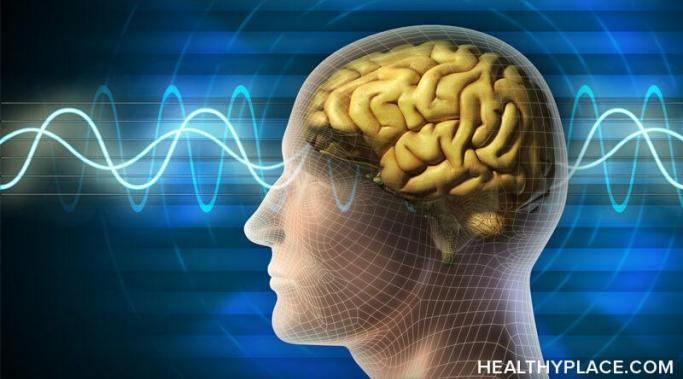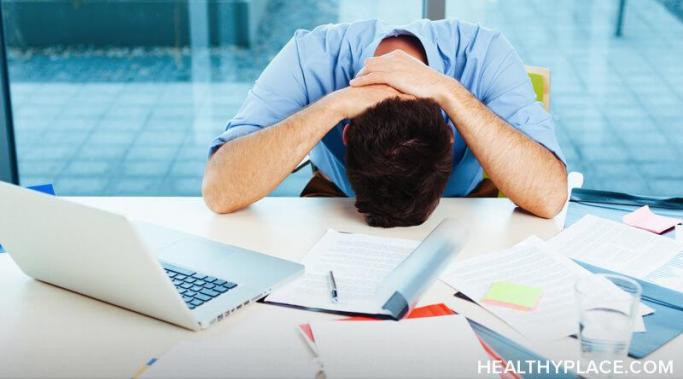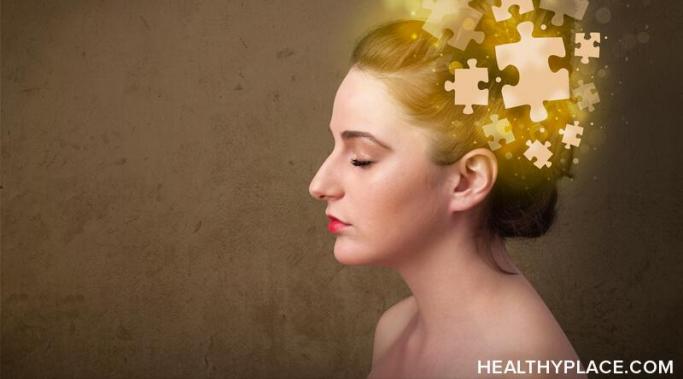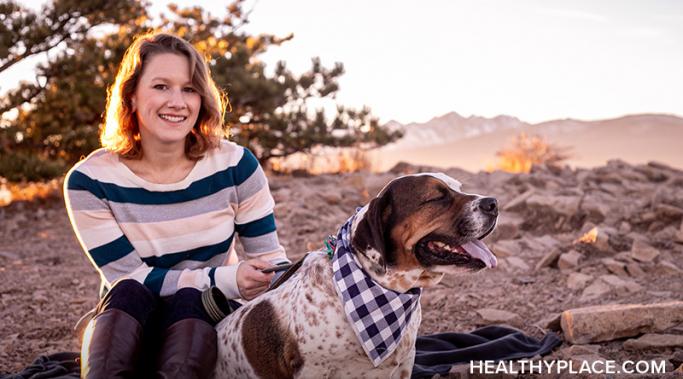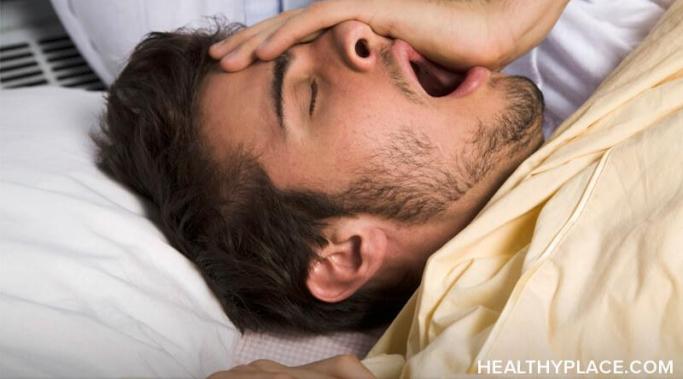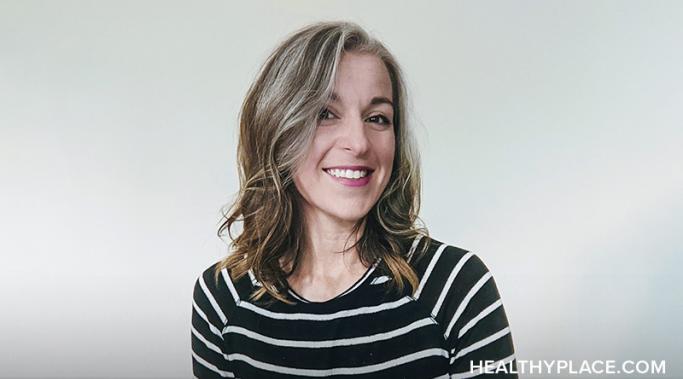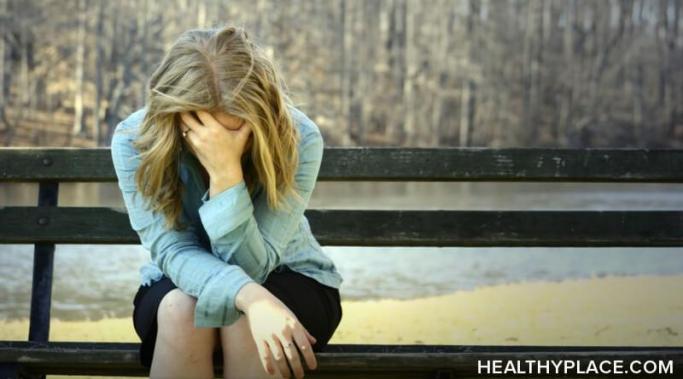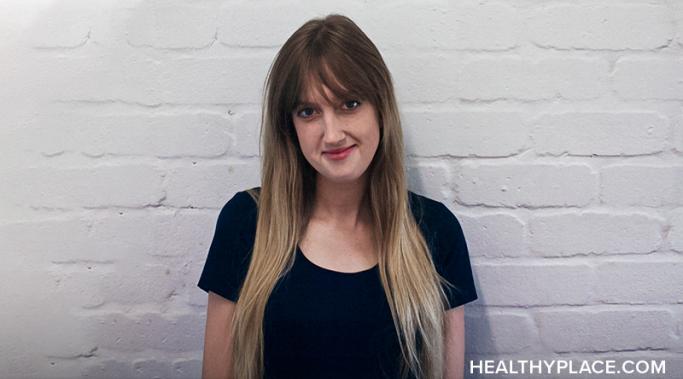Coping with depression triggers generally requires practicing specific skills. It isn't always easy to continuously do so, especially when the skills should be practiced proactively. However, practicing coping skills and being self-aware of how to cope with depression triggers could help some either avoid a depressive episode or experience a less severe depressive episode.
Depression Videos
Masking depression is something many people do. I tell people when I discuss living with major depressive disorder that I am the queen of masks. And it's true; I can smile when I need to. I became such a perfectionist at masking my depression that I could even fool my closest friends. Yet, when I am alone or turn around, my smile disappears from my face quicker than a scared jackrabbit.
Looking for a new job is never easy, but depression while job hunting is even worse. Being unemployed at the same time is terrible, too. Unfortunately, I have experienced that in the last couple of years. Getting lost in the cumbersome tasks of revamping my resume and applying for jobs is dispiriting. Thus, it becomes easy for job hunting to cause my depression to set in quickly.
I wasn’t surprised when I read a recent study that linked reading with a lower risk of depression. I’ve seen the mental health benefits of reading firsthand, and books are now one of the many tools I use to cope with depression. Reading boosts my self-esteem, distracts my thoughts, and reduces my stress—all contributing to alleviating my depression. Here, I’ll discuss why reading has been so therapeutic for me.
I’m Rachel Craft, and I’m excited to join the "Coping with Depression" blog at HealthyPlace. I was diagnosed with depression over a decade ago in college. As a type-A perfectionist, I was constantly overwhelmed with stress and never got enough sleep. My habitually low self-esteem took a dive at one point, and I developed an eating disorder and started experimenting with self-harm. It was a terrifying period of my life because I realized I might not survive if I didn’t find help.
Depression often makes me want to do nothing. Whether it's due to demotivation, apathy, fatigue, or despair, I only want to sleep as much as possible. When I know in my gut that I need the rest, I sleep and feel better the next day. But I usually fight the urge to do nothing because giving in to it makes my depression worse. This seems to be a common issue for depressives, and knowing my reasons may help you figure out yours.
My name is Kelly Epperson, and I am very excited to join HealthyPlace as a contributor to the "Coping with Depression" blog. I suffered from postpartum depression after the birth of my children in 2012 and 2014. I will be sharing my experience with this illness and strategies that helped me cope.
How can shame damage relationships? After all, shame has been a part of human culture for thousands of years. It is one of the things that makes human relationships and social structures unique and is arguably a necessary component of every civilized society. However, I believe people with mental health issues experience shame at a disproportionately high level, and this can be incredibly detrimental not only to their recovery — but also to their relationships with the people around them.
Coping with depression is a daily battle. Depression recovery can take years, and there is no such thing as a "quick fix." There are, however, things you can do to bring rapid relief in times of stress, anxiety, and panic attacks. For me, that relief has come in the form of autonomous sensory meridian response (ASMR) — a strange online phenomenon that has been a source of comfort and relaxation for millions since the mid-2000s, even though most people have no idea what it is.
My name is Jennifer Lear, and I am the co-author of the "Coping with Depression" blog here at HealthyPlace. I am thrilled to be joining this community and am excited (and nervous) to be sharing my experiences with you. I started exhibiting symptoms of obsessive-compulsive disorder (OCD) at age six. By 18, I was riddled with so many ticks and compulsions that I could barely function, and I finally took it upon myself to seek help from my family doctor. I was diagnosed with chronic OCD and depression and placed on medication. There was no offer of counseling, no reassurance that I was not alone, and I was left feeling more depressed, more ashamed, and more terrified to publicly acknowledge how I was feeling.
